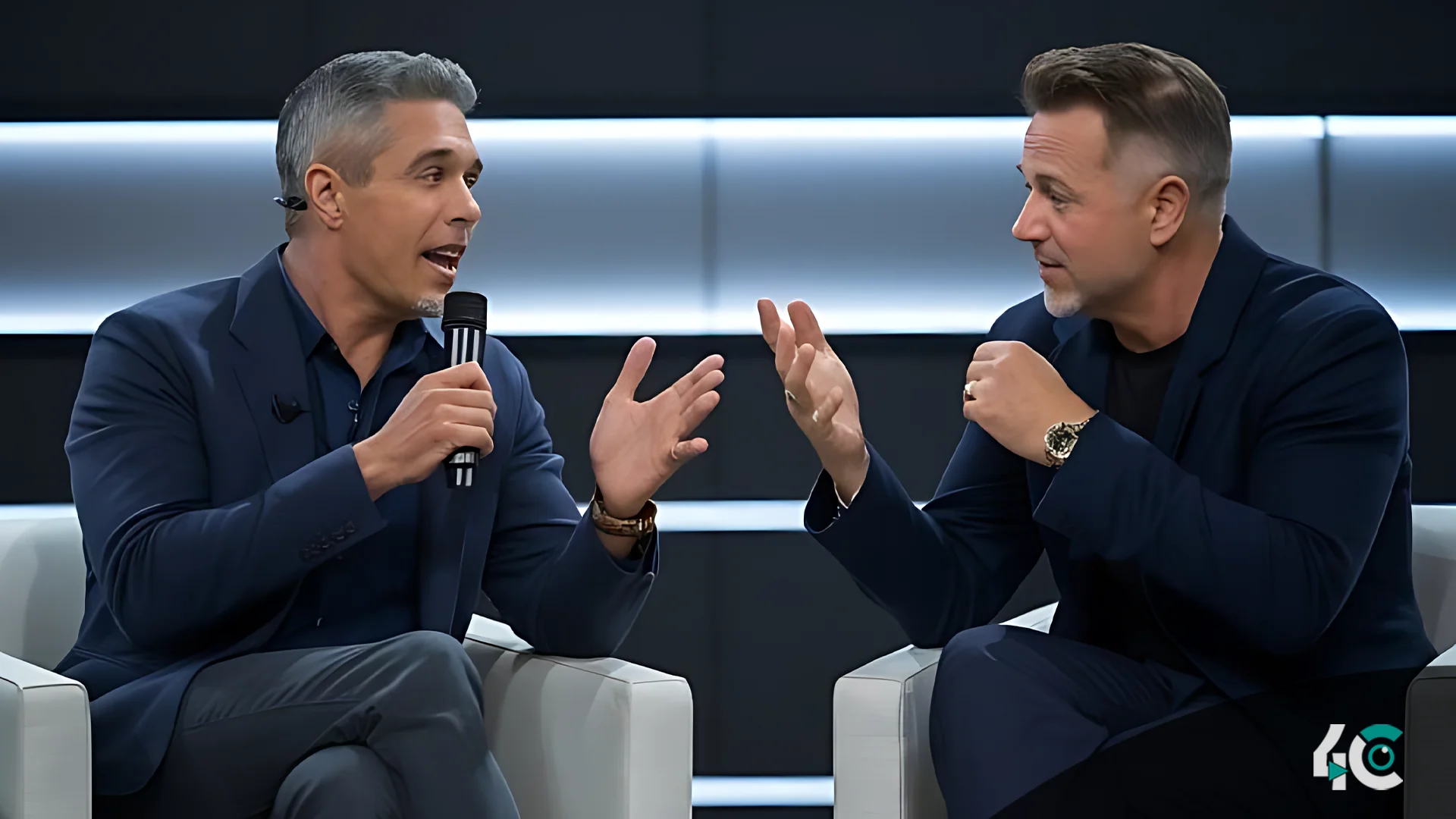During a recent interview on Jon Stewart’s podcast, The Weekly Show, millionaire entrepreneur Mark Cuban explained cryptocurrency to the comic, who admitted to having a basic understanding of the issue.
Cuban, the co-founder of Cost Plus Drugs, utilized familiar analogies to demonstrate the complexities of digital assets, referring to Bitcoin as “digital gold” and addressing its worth, supply constraints, and usage in speedier, more cost-effective transactions. Stewart, who compared cryptocurrency investment to gambling, praised Cuban’s lucid explanations, jokingly calling it “Digital Currency for Dummies.”
The conversation took a political turn when Cuban said Vice President Kamala Harris’ failure in the 2024 US presidential election was largely due to her administration’s crypto policies. Cuban revealed that he advised Harris’ team on how to reach young male voters, many of whom seek a feeling of belonging in cryptocurrency groups. He cautioned Harris and SEC Chair Gary Gensler that stringent cryptocurrency rules could alienate these voters.
Cuban did not shy away from mentioning his desire to succeed Gensler as SEC Chair if Harris won the election. Expecting Donald Trump to return to the presidency, Cuban has shifted his support to former SEC commissioner Paul Atkins for the position, hoping for more balanced cryptocurrency rules under the incoming government.
Stewart, known for his sharp wit and skepticism, confessed his lack of crypto understanding, leading Cuban to learn more about the topic. They talked about the SEC’s classification of numerous tokens as securities and blockchain’s potential to change financial transactions.
The exchange underscored the growing public interest in cryptocurrencies, even among individuals who are not directly involved in the industry. Cuban’s desire to educate others about digital assets underscores the larger need for improved communication in this expanding business.
The podcast marked another chapter in Cuban and Stewart’s continuous cryptocurrency discussions, demonstrating their shared interest and the growing importance of digital assets in everyday interactions.



































